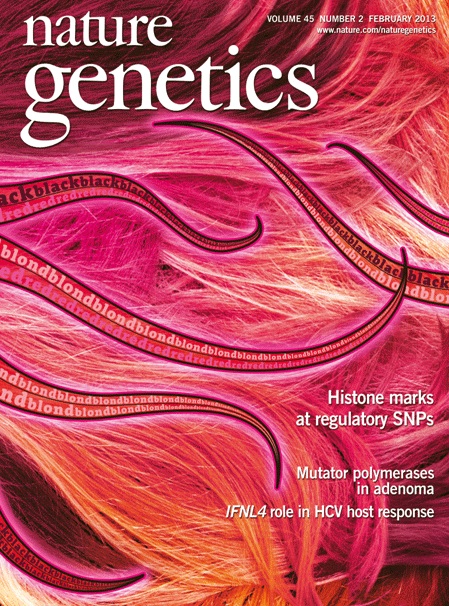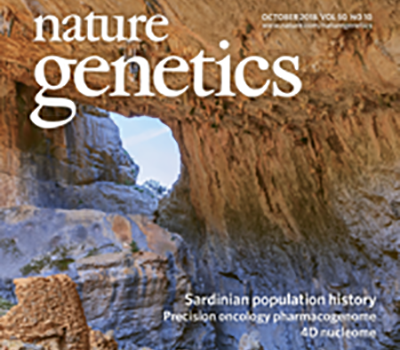

Comparing within- and between-family polygenic score prediction. Genomic structural equation modelling provides insights into the multivariate genetic architecture of complex traits. Genetic predictors of participation in optional components of UK Biobank. Genetic analyses identify widespread sex-differential participation bias. Collider scope: when selection bias can substantially influence observed associations. Comparison of sociodemographic and health-related characteristics of UK Biobank participants with those of the general population. The UK Biobank resource with deep phenotyping and genomic data. Whole genome sequencing in psychiatric disorders: the WGSPD consortium. Exome sequencing and analysis of 454,787 UK Biobank participants. Contribution of common and rare variants to bipolar disorder susceptibility in extended pedigrees from population isolates. Autism spectrum disorder and attention deficit hyperactivity disorder have a similar burden of rare protein-truncating variants. Recent ultra-rare inherited variants implicate new autism candidate risk genes. Large-scale exome sequencing study implicates both developmental and functional changes in the neurobiology of autism. The mutational constraint spectrum quantified from variation in 141,456 humans. Increased burden of ultra-rare structural variants localizing to boundaries of topologically associated domains in schizophrenia. 10 years of GWAS discovery: biology, function, and translation. Genetic variance estimation with imputed variants finds negligible missing heritability for human height and body mass index. Emerging methods and resources for biological interrogation of neuropsychiatric polygenic signal. Assessing the contribution of rare variants to complex trait heritability from whole-genome sequence data. Rare coding variants in ten genes confer substantial risk for schizophrenia. Copy number variation and psychiatric disease risk. Finding the missing heritability of complex diseases. The state of the science in psychiatric genomics. Transethnic genetic-correlation estimates from summary statistics. C., Asian Genetic Epidemiology Network Type 2 Diabetes Consortium, Ye, C. Theoretical and empirical quantification of the accuracy of polygenic scores in ancestry divergent populations. Tractor uses local ancestry to enable the inclusion of admixed individuals in GWAS and to boost power. The genetic architecture of depression in individuals of East Asian ancestry: a genome-wide association study. Comparative genetic architectures of schizophrenia in East Asian and European populations. Genetic analyses of diverse populations improves discovery for complex traits. Genomic relationships, novel loci, and pleiotropic mechanisms across eight psychiatric disorders. Genetic misdiagnoses and the potential for health disparities. China Kadoorie Biobank of 0.5 million people: survey methods, baseline characteristics and long-term follow-up.

Overview of the BioBank Japan Project: study design and profile. Genome-wide association studies in ancestrally diverse populations: opportunities, methods, pitfalls, and recommendations. Prioritizing diversity in human genomics research. Translating insights from neuropsychiatric genetics and genomics for precision psychiatry.

NATURE GENETICS UPDATE
Psychiatric genomics: an update and an agenda. Bi-ancestral depression GWAS in the Million Veteran Program and meta-analysis in >1.2 million individuals highlight new therapeutic directions. Genome-wide association study identifies 30 loci associated with bipolar disorder. Common schizophrenia alleles are enriched in mutation-intolerant genes and in regions under strong background selection. We discuss recent advancements in the field that will improve the explanatory and predictive power of genetic data and ultimately contribute to improving the management and treatment of patients with a psychiatric disorder. In this Perspective, we highlight ten challenges for the field of psychiatric genetics, focused on the robust and generalizable detection of genetic risk factors, improved definition and assessment of psychopathology and achieving better clinical indicators. However, there are several challenges that must be addressed before genetic findings can be translated into the clinic. There is optimism that genetic findings will pave the way to precision psychiatry by facilitating the development of more effective treatments and the identification of groups of patients that these treatments should be targeted toward. Genome-wide association studies have identified hundreds of robust genetic associations underlying psychiatric disorders and provided important biological insights into disease onset and progression.


 0 kommentar(er)
0 kommentar(er)
